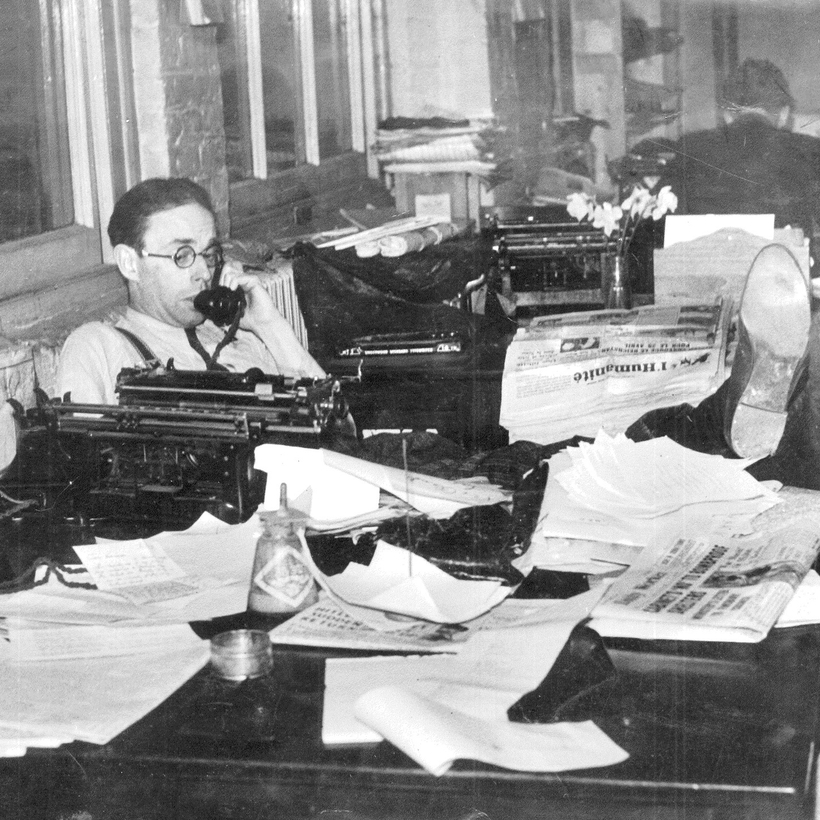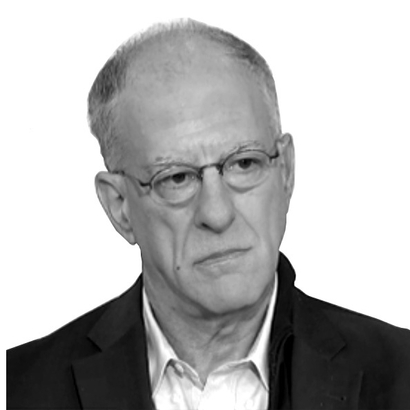Claud Cockburn was a British journalist of the 1930s and later—dapper, high-society, and left-wing—whose historic role was, by going about his own business, to reveal to George Orwell something peculiar and troubling about human nature.
A biography of Cockburn resembles in this respect a biography of an artist’s model—one of Picasso’s models, say—who might have lived an interesting life, in the way that anyone might do, but whose true significance rested on her bone structure and ability to hold a pose sufficiently to allow the artist to discern something previously unremarked in the human form. What Cockburn revealed to Orwell was a species of nihilism. This was a nihilism whose style was charming instead of intense, therefore hard to detect, but ultimately repellent, except to people who go for that sort of thing, which turns out to be a lot of people.


